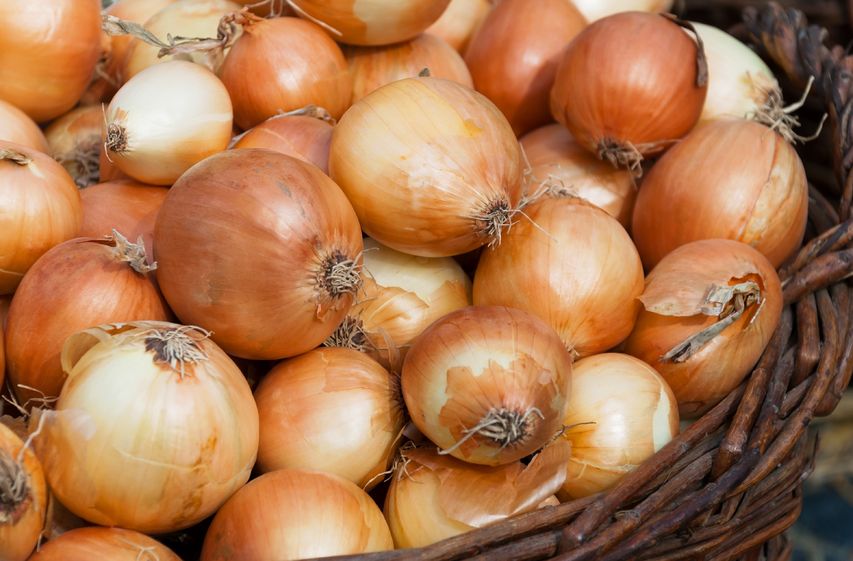Study to show impact of Covid-19 on UK food supply chain

The impact of the coronavirus on the UK's food supply chains will be tracked as part of a new study showing how the crisis has affected the journey from farm to plate.
Researchers will investigate the disruption caused by the Covid-19 pandemic for farmers, manufacturers, distributers and retailers.
Their work will help those in the food supply chain as they restructure rapidly, as well as inform government policy-making.
Representatives from industry bodies will share their experiences as part of the study, with findings disseminated as quickly as possible.
The research will show the impact of cafes and restaurants – which account for around a third of food supply in the UK - being shut and how suppliers have adapted.
Through surveys and interviews researchers will seek to find out how food supply chains have changed and what is preventing necessary changes. This could be staffing, transport, skills, capacity or market intelligence.
It is hoped the University of Exeter study will show the changes needed to make Britain’s food supply chain more efficient, and also fair for different types of producers. This could include regulation, investment and incentives.
Growing food sales in shops haven’t helped manufacturers who are part of specialist and fixed supply chains – for example producing milk for coffee shops.
Even when lockdown ends the current crisis could have long-term implications, researchers predict.
The team will produce monthly bulletins showing their findings, and people can provide evidence for their work via the project’s website.
Professor Michael Winter, of the University of Exeter, said it is vital that in the coming months the nation's food supplies are secure and resilient.
“Efficient and well-functioning supply chains are often hidden to consumers, but they are essential to making sure we can purchase the food we need.
“To achieve resilience we need to know how the supply chain is adapting, and critically, what steps might be required to ensure food continues to reach shops and that there is fairness for food workers and consumers.
"We will hear from those in the middle of making these crucial decisions, not just retailers," Professor Winter said.








